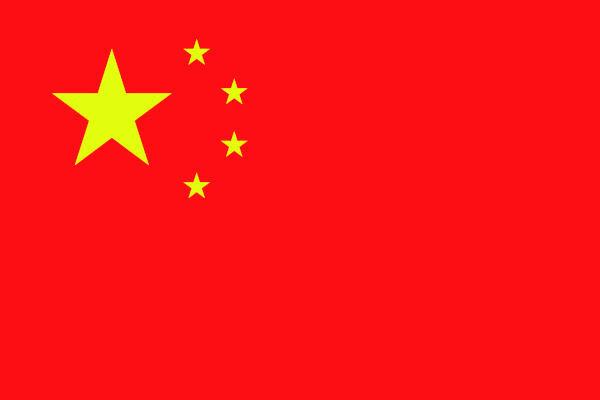The Chinese Revolution, which took place in 1949, caused profound changes in China, which is still present in the daily lives of its people. To understand this revolution, we must turn to the situation in nineteenth-century China. In that period, the country suffered from the imperialist domination promoted by the European capitalist nations, mainly from England.
In the first decades of the 20th century, the Chinese population was going through intense economic difficulties that drastically worsened the living conditions of the Chinese people. Through a movement against the foreign presence in the country, the Manchu dynasty ended the imperial government and created a new government: the Republic of China. Even with such a change, even in 1915, the country was politically dominated by the Japanese government.
Dissatisfied with the Japanese domination, a great political mobilization of the Chinese people promoted, in 1921, the creation of the Chinese Communist Party. Due to its strong popular appeal, the new party was seen as a threat to governmental order and, as a result, its leaders and participants were harassed by the country's authorities.
Barred from participating in their country's political affairs, the Chinese Communists, under the leadership of Mao Zedong, began to mobilize peasant populations attracted by the promise of collective land use and the creation of a political system egalitarian. With the support of the peasants, Mao Zedong created the Red Army, which between the 1930s and 1940s fought against the Chinese government.
After this period of battle, the communists dominated Beijing in 1949, and Mao Zedong was hailed as the new leader of the People's Republic of China. Initially supported by the Soviet communist government, the Chinese communist government created a major political-economic transformation project called the Great Leap Forward. Shortly thereafter, in 1966, a cultural, political and ideological control program called the Cultural Revolution emerged. With the death of Mao Tse-Tung in 1976, the Cultural Revolution came to an end and the country's economic policies opened up to the world economy.
Do not stop now... There's more after the advertising ;)
By Rainer Sousa
Graduated in History
Brazil School Team
China - History - Brazil School
Would you like to reference this text in a school or academic work? Look:
SOUSA, Rainer Gonçalves. "The Chinese Revolution of 1949"; Brazil School. Available in: https://brasilescola.uol.com.br/china/a-revolucao-chinesa-1949.htm. Accessed on June 27, 2021.

